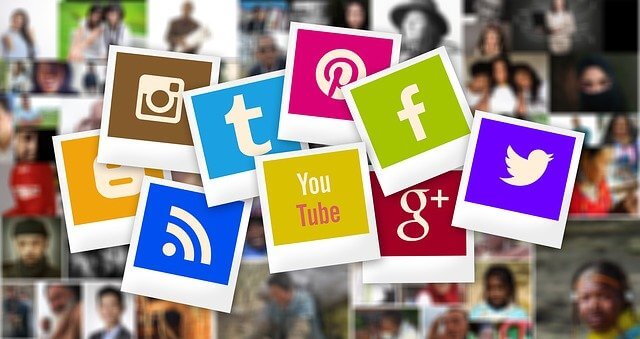
Social media has provided us with immediacy, direction and value. It was harmless fun to start with but now it has become a common part of our daily lives. It’s how we get access to most of our information and it influences everything from elections to public discourse. With it becoming such an integral part of our life, it’s almost impossible to go cold turkey on it. Instead, a social media detox may just be enough for you if you’re experiencing the anxiety and stress that comes with its excessive use.
Social media detoxification implies its conscious elimination for a certain period. Usually, the detox lasts 30 days, but some people do 7 days or even a year-long social media detox. It includes rediscovering the pleasures of the real world, and reconnecting with your inner self through self-introspection and having some time.
The Effect on Young Adults
Many studies show that the constant overstimulation of social networking shifts the nervous system into fight-or-flight mode. As a result, this worsens disorders such as ADHD, teen depression, oppositional defiant disorder and teen anxiety.
A CNN study of 19-year-old teenagers found that participants who checked Facebook or other networking sites between 50 and 100 times a day were 37% more distressed than those who checked up their profile fewer times. Self-presentation is one of the focal points of social networking sites and this often “causes” or at least promotes narcissistic behaviour. This is a good enough reason to be cautious, but there are other risks to consider and some of them are equally scary.
Addiction
Tech companies encourage this behavioural addiction with the use of intermittent positive reinforcement and the drive for social approval. For these companies, if you’re not paying for the product, then you’re the product. Studies proved the fact that social media addiction is easily related to substance abuse which may result in relapse, withdrawal, internal-external conflicts and drastic mood swings. This creates a Reality Distortion Field: Social media can trigger social comparison on several levels, creating an impression that someone else’s life is better and more meaningful than our own. Young adults often misinterpret their worth to what is measured by Instagram’s algorithm. Fear Of Missing Out (FOMO) has been associated with intensive social media use and is linked with lower mood and life satisfaction. Prevalence of alienation and unhealthy identity formation could be seen which often hinders one’s life outside the screen.
Tsunami of Information
Many of us have developed a habit of checking the news on social media instantaneously. With a tsunami of information and facts, we simply don’t have the time to react to everything we read and might go numb in some dangerous ways. This constant source of stress, and often misinformation, can be exhausting. An over-active social media presence can affect not just our mental but physical health too — particularly by altering our sleep patterns. Not only does it displace sleep by keeping you awake longer, but it also promotes emotional, cognitive, and/or physiological arousal.
Read
Social media addiction affecting sex life of Indians
Does social media make breakups worse?
Why Detox?
If you feel like social media has taken over your life, preoccupies your mind or find yourself constantly and habitually reaching for your phone, it may be time for a break. Clear your mind and declutter your thoughts, the fancy online world of filters is unnecessary mental junk.
Imagine how much better use of your time and mental energy would be in the things you care about, or changes you can bring to the world. Taking a break from social media gives you a chance to take a step back and evaluate your priorities and make better use of your time and mental space.
Healthy Digital Habits It gives you back control of your phone and digital habits. It acts as a saviour to avoid you getting trapped in the vicious cycle of artificial and unhealthy dopamine hits, planned judiciously by the tech companies for their benefits.
Mindfulness One may practice mindfulness more, which makes a person embrace ‘boredom’ and stillness.
A Good Start- Many people check their phones first thing in the morning. Some of those people immediately open up a social media app upon waking up.
This sets a negative tone for the rest of the day and often reduces the quality of life. It is often the first step to live a calm and simple life as far as possible.

